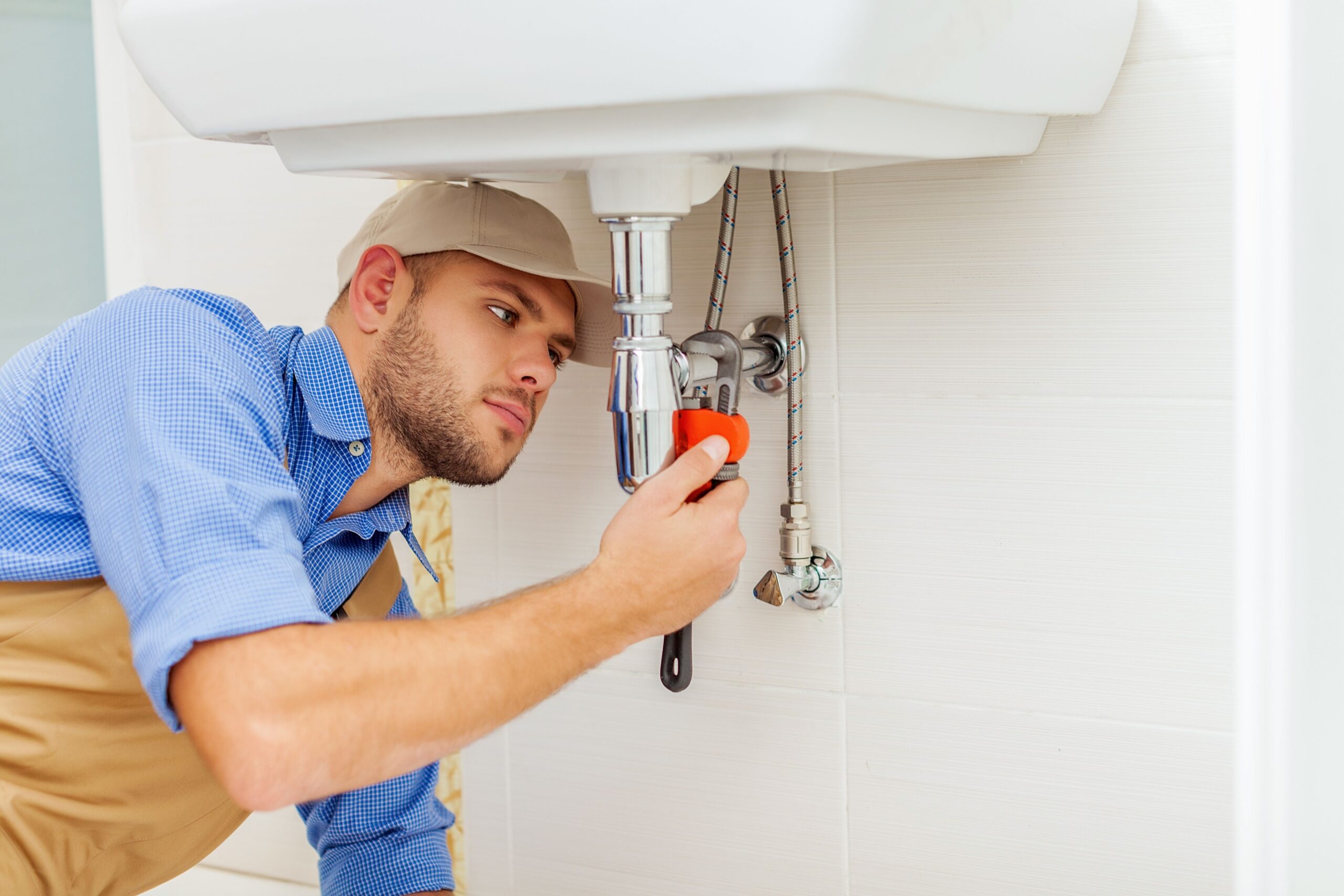The Importance of Plumbing
Plumbing is the system of pipes and fixtures that deliver water for drinking, washing, cooking and bathing. It is also responsible for removing waste. Efficient plumbing is essential for human health and wellbeing.
Getting into a plumbing career requires training through technical courses and an apprenticeship. These often require a high school or equivalent diploma, and take several years to complete.
Water Supply
Water supply is the infrastructure for the collection, transmission, treatment, storage, and distribution of water for domestic use, industrial facilities, and public needs like firefighting. The water must satisfy both quality and quantity requirements.
It can be obtained from groundwater (aquifers) or surface water (lakes and rivers). In most cases, the raw water undergoes treatment, including disinfection through chlorine, to ensure safe drinking water for people and animals.
Water lines are usually made of copper, galvanized iron, or plastics. They are typically insulated to reduce their temperature and to protect them from freezing. Pipes may leak when they are old or faulty. They can also become contaminated with iron bacteria, which makes them unfit for water use. This problem can be avoided by regular inspections.
Drainage
Water drains through a series of pipes that were designed specifically for this purpose. They transfer the waste water to a sewer system that eventually leads to a sewage treatment plant or septic tank.
A good drainage system is vital for the household. Without it, water can pool around the foundation and cause damage. This can lead to costly repairs in the future.
Moreover, water damage may even cause the foundation to weaken. It can also create health hazards. Hence, it is best to get your plumbing system checked regularly by experts. They will ensure that there are no blockages in the pipes due to eroded sediments or waste. They will also ensure that the drainage system is working well. This will prevent the occurrence of recurrent problems such as clogs and cracks.
Waste Disposal
Waste disposal is the process of removing or discarding unwanted materials. It is a necessary step for every household, as it ensures less pollution and hazards for the environment. It also allows us to utilize the wastes for something useful. Moreover, it is important to follow correct methods for waste disposal to avoid the harmful substances from entering the water supply and causing environmental problems.
This type of waste includes garbage, trash and sanitary wastes in septic tanks. It is derived from households and other sources such as hotels, motels, bunkhouses, ranger stations, campgrounds and picnic grounds.
It is important to ensure that the correct waste disposal practices are followed in all workplaces. This is why VR San-Co works with a number of clients across Kent, Sussex and London to provide Washroom Services including nappy bins and medical waste bins.
Installation
Plumbing installations are an important part of new construction or remodeling. They include laying pipe for water supply, drain lines, and toilets. These lines must be carefully placed to avoid leaking and other problems. They must also be secured in place and meet building codes.
Plumbing contractors must be familiar with a wide variety of installation techniques. They may use different types of pipes, including copper and ABS. They must also consider a home’s insulation and other factors when choosing pipe materials.
The most common type of plumbing installation is a water line. This brings pressurized water into the home. Then, it splits into cold and hot water lines for individual fixtures. It is crucial to install these lines below the frost line. Otherwise, they could freeze and crack.
Maintenance
Plumbing is so ubiquitous in our lives that we often don’t think about it until something goes wrong. Fortunately, with regular maintenance, most problems can be caught before they become serious issues that require costly repairs.
One of the most important things homeowners can do is to regularly inspect their homes’ pipes for signs of rust or decay. This includes looking under sinks for water stains, checking easily-accessible pipes under the house, and checking outside faucets for leaks.
Plumbers can also help with routine maintenance tasks like unclogging drains and installing water heaters. They can also perform detailed diagnostics to find the source of a problem and recommend the best repair option. This prevents future damage and saves homeowners money in the long run.Star Plus Plumbing

